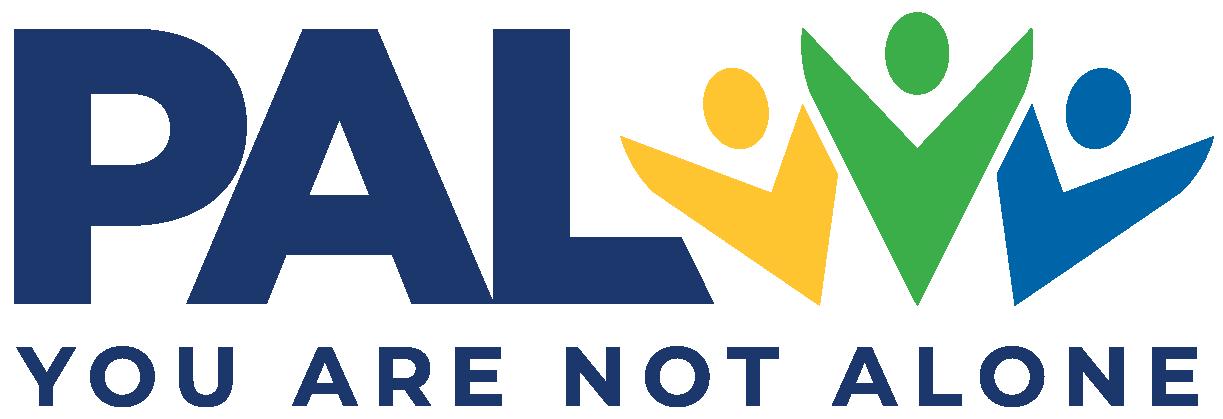By Jim Kreitler, LISAC, PAL Board Chair
There are many factors to consider when choosing an addiction treatment program for a loved one or ourselves. Is it safe? Are their business practices fair and legitimate? Do they follow sound clinical guidelines in regards to therapy, documentation and confidentiality?
- Google is not always our friend.
- Many individuals look for treatment options on the internet. Unfortunately, treatment program websites can make any facility look like paradise.
- There are also examples of programs paying unscrupulous online marketing companies to redirect searches. For example, if you search for “Integrity Rehab” it might direct you to a page that provides some basic information about that program but the phone number is to a call center for a completely different company.
- It is best to consider recommendations from individuals who have personal experience with a program or professionals from a licensed facility referring to other licensed programs.
- Be careful of any individual or call center that is not an employee of the program itself. Often they are selling the potential patient to the highest bidding program regardless of appropriateness in a practice called “patient brokering.”
There are two criteria that I believe should always be considered. Is the facility properly licensed? Is the facility accredited? While this may not be an iron clad guarantee, it speaks strongly to the professionalism and integrity of a program.
Licensing
In Arizona these are the levels of licensure. Many other states have similar levels.
- Acute behavioral health hospitals handle the most serious cases and may offer detox and Intensive Outpatient (IOP) treatment, but rarely residential treatment. These facilities are operated as hospitals, and they can handle higher medical and psychiatric acuities.
- Inpatient Behavioral Health Facilities are for primary inpatient treatment and often also include detoxification services. They are staffed 24/7 with registered nurses (RNs), they usually offer physician and psychiatric visits onsite, and they must meet stringent safety requirements. These are the appropriate placement for those requiring 30 day inpatient due to: risk of relapse, post-acute withdrawal, medication management, co-occurring disorders, and an intensive program of treatment. They tend to be established programs that have been around for a while.
- Recently, several levels of residential have been combined into one for licensure. It may or may not include counseling. The licensure requirements dictate a required level of safety, client’s rights, record keeping, rules for medication management, and reporting requirements.
- Outpatient treatment requires very basic safety and proper storage of records. Outpatient licensure is the easiest to attain, but seems to be overused by programs really providing residential.
- Laboratory License is mainly used in addiction treatment for urine drug testing. CLIA is the Clinical Laboratory Improvement Amendments and is regulated by the federal government through the state agency, the regional office and the central office. This is not required for simple point of care test cups. If programs are CLIA licensed they are almost always billing insurance for this testing and that practice has been ripe with reported abuse.
It is very important that folks seek and use properly licensed programs. The phenomenon of “Florida Model” programs that license as outpatient, while marketing as and providing residential care under the guise of inpatient level of care, is troubling. A former state behavioral health license regulator reports an instance where a family sent their son for Florida model treatment in Arizona from Michigan. The young man relapsed, overdosed and died at the facility. When the mother called the state for the detailed report she was told the home was not licensed, had never been inspected and there was nothing the state could do.
Accreditation
I am a big fan of accreditation. It confirms that the program is operating at a high standard and always working to improve. If the program is not accredited, consider why not? If you are considering a non-accredited program, I urge you to reconsider. There are plenty of properly licensed and accredited options available.
The two most widely held national and international accreditations for rehabilitation treatment centers and other behavioral health organizations are The Joint Commission (Joint Commission on Accreditation of Healthcare Organizations or JCAHO) and CARF (Commission on Accreditation of Rehabilitation Facilities).
The National Association of Addiction Treatment Providers (NAATP) recently said: “Accreditation matters. While no single factor is dispositive of high quality care, accreditation is strong indicia of such. When considered in conjunction with other factors a center might include in its prospectus, such as quality of staff, comprehensive programming, and years in operation, accreditation gives a consumer valuable information with which to assess options. Our consumer base needs and deserves that. We all do.”
Rebecca Flood, Executive Director/CEO of New Directions for Women writes in an article for Addiction Professional magazine “As an accreditation advocate, I advise all of our patients, inquiring families and friends, and referral sources such as therapists, hospitals and physicians who are looking for care to not only check licenses and state certifications, but also national and international accreditations, and to confirm that the facility is accredited for the level of care needed and wanted for the patient. Accreditation is the determinant for whether or not I would utilize its services, or send a family member there, and it should be for any family looking to place their loved one or any organization looking to refer a patient.”
Conclusion
Treatment works and folks do get sober even if not always on the first try. I am living proof that recovery happens. But it is important to do your research and become well informed. While the most important determinant of success is the client’s effort band motivation, starting with a reputable program experience can set a positive trajectory.
For more information on this topic, check out: https://www.tennessean.com/story/life/health/2017/09/08/how-to-choose-addiction-treatment-program/617056001/
